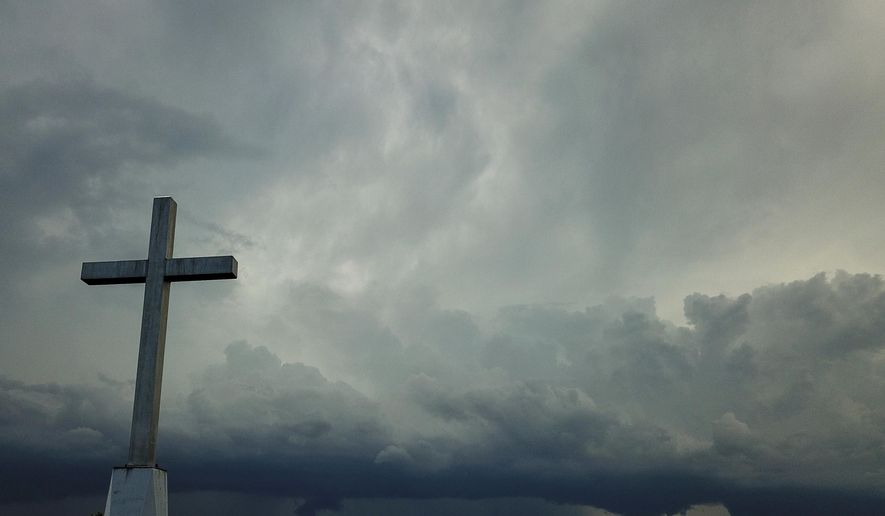Nearly three-quarters of highly religious Americans say they must care for the planet, but a much lower number says climate change is a “very serious problem,” according to a new Pew Research Center study that notes political affiliation as a key factor in the issue.
“The main driver of U.S. public opinion about the climate is political party, not religion,” says the Pew study, titled “How Religion Intersects With Americans’ Views on the Environment.”
The study, released Thursday, notes that “highly religious Americans are more inclined” toward the Republican Party, whose members “tend to be much less likely than Democrats” to accept the notion that human activity is warming the planet or “to consider climate change a serious problem.”
Those who profess less concern about climate change offer a variety of reasons, such as “there are much bigger problems,” “God is in control of the climate” and disbelief that the climate is changing, according to the study.
In the Pew survey, “many religious Americans” expressed concern about losing individual freedoms, having fewer jobs available and paying more for energy as a result of increased environmental regulation.
What’s more, only 8% of those who attend worship services once or twice a month said they heard “a great deal or quite a bit” about climate change from the pulpit. About 70% said the topic is discussed either “a little or none” during sermons, and 20% said they hear “some” discussion of the issue.
One evangelical critic of climate activism, E. Calvin Beisner of the Cornwall Alliance for the Stewardship of Creation, said the general argument that climate skepticism is tied to politics “misrepresents” those who don’t accept radical solutions.
“Anyone who reads the books, major studies, or short articles the Cornwall Alliance publishes and distributes will find that we offer far more scientific, economic, and ethical arguments for our views than political,” Mr. Beisner, who was not briefed on the Pew study’s specifics, said via email.
He said the argument “ignores the fact that many proponents of [human-caused global warming] and the need to prevent it are driven in part by their own prior political commitments. To condemn the skeptics without condemning the believers when they both do the same thing is a double standard.”
Pew researchers canvassed 10,156 U.S. adults April 11-17, taken from the center’s American Trends Panel, which Pew says is “recruited through national random sampling of residential addresses.”
Pew says the “highly religious” are those who “attend religious services at least weekly, say religion is very important in their life, and pray daily.” The survey’s margin of sampling error is plus or minus 1.6 percentage points.
• Mark A. Kellner can be reached at mkellner@washingtontimes.com.




Please read our comment policy before commenting.